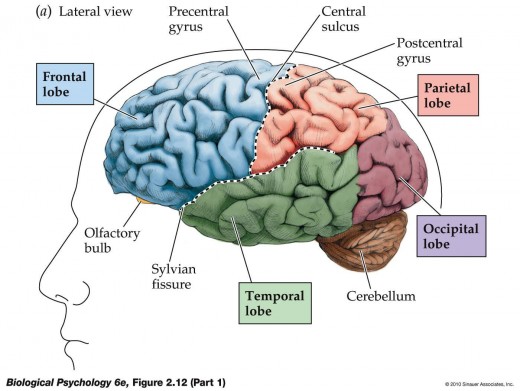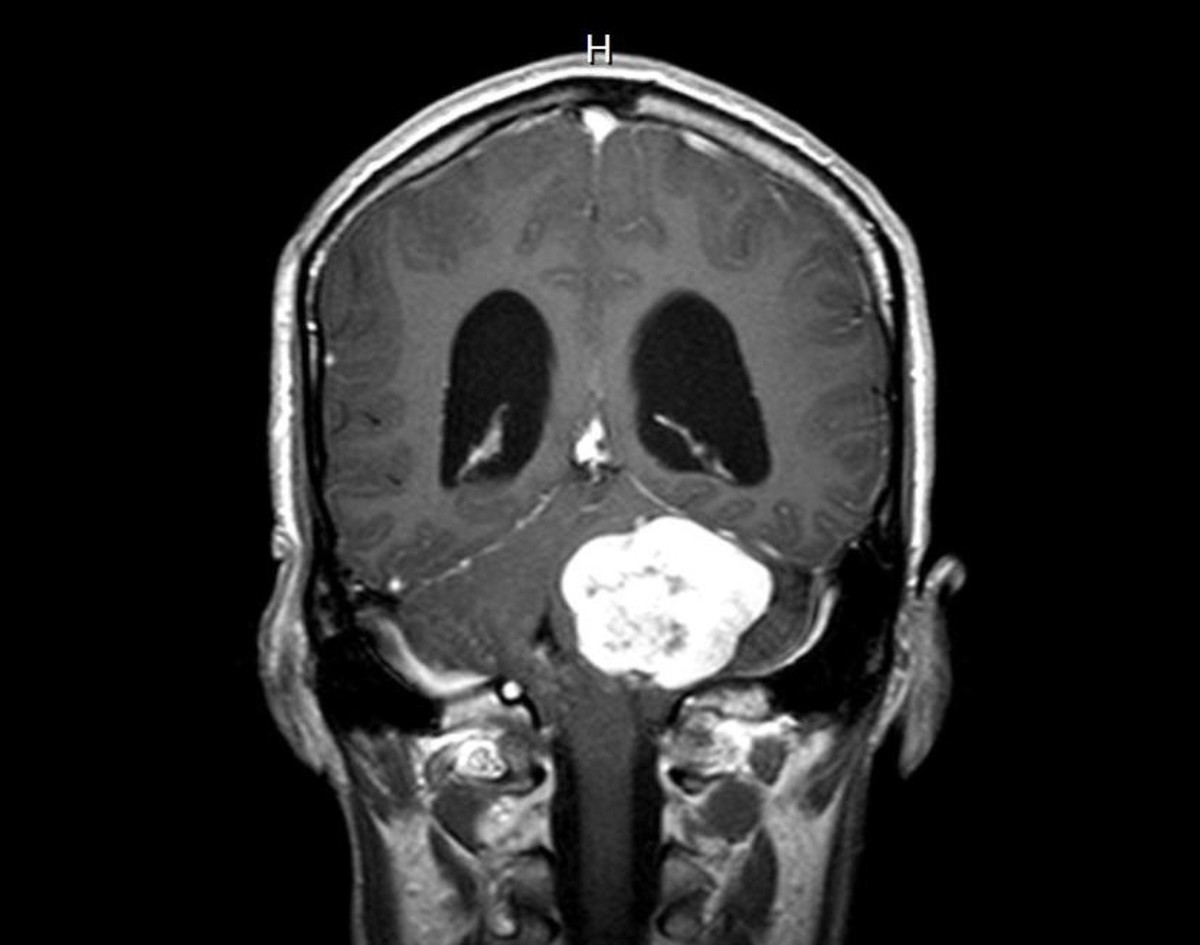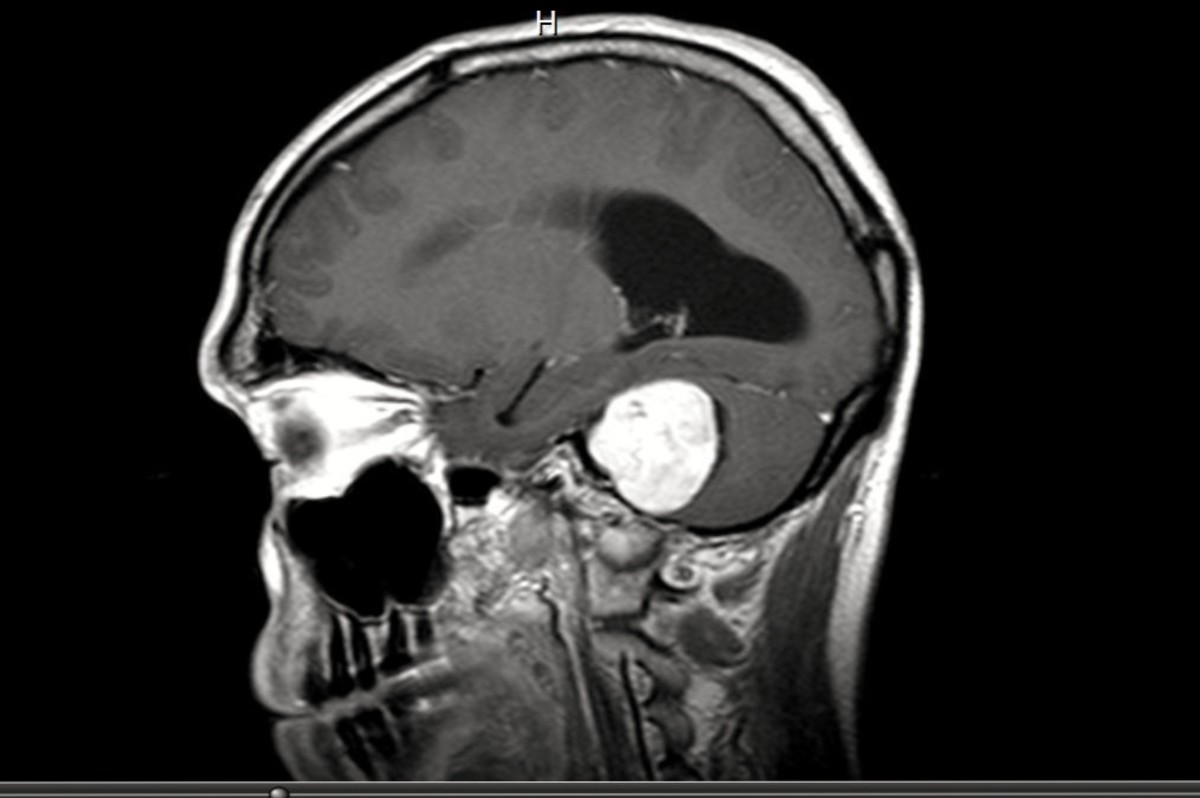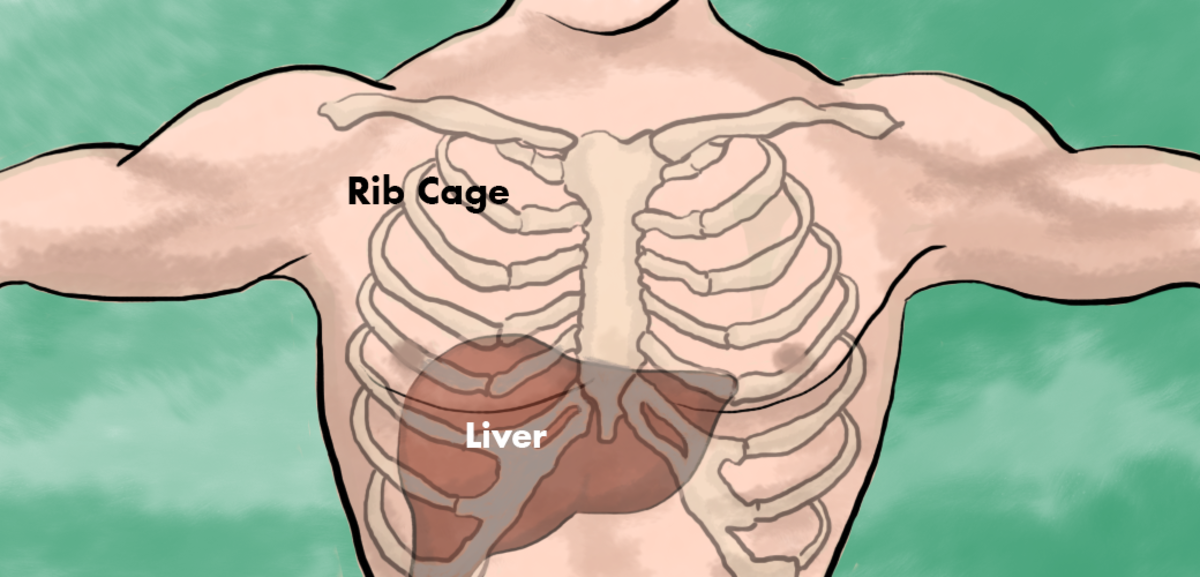Brain Tumor Terminology

Important Terminology to Know when Talking to Doctors About Brain Tumors
If you have been diagnosed with a brain tumor or know someone that has there are a thousand and one questions that must be going through your mind right now. I am six years post diagnosis at this point and have found that one of the most frustrating things we have encountered is the terminology used and what it means. As a lay person words such as angio, primary tumor, secondary tumor, and many others don't mean much. We know remission, clear, etc. Below are some terms you may see and layman's explanation of what they mean and how they psychologically affected me when I was told or understood. PLEASE NOTE: EVERY TUMOR IS DIFFERENT AND EVERY INDIVIDUAL IS DIFFERENT AND I AM NOT A DOCTOR. This hub is my personal experience, words we did not know but wish we had, and thoughts through my diagnosis as I have come to understand them.
Primary Tumor- This is the biggest thing you need to find out about when diagnosed is what kind of tumor it is. A primary tumor actually takes over the healthy tissue around it. It does not grow and push the healthy tissue out of the way, it actually destroys the tissue it comes in contact with. In other parts of the body this is not as important as in the brain because brain tissue does not repair. Once it is destroyed, brain tissue does not repair, regenerate, or heal.
Secondary Tumor- A secondary tumor does not take over the tissue around it, it grows and spreads without actually taking over the tissue around it. This does not mean that there is not damage to the tissue around it, as as secondary tumor grows it needs space. The skull which protects the brain does not grow or expand past a certain point and secondary tumors can push the brain out of the way to make room. This compression can cause damage and issues as well, but I have no experience with this.
Encapsulated tumor- An encapsulated tumor has a protective covering around the tumor. This capsule can be good in that it creates a very defined barrier for surgeons to remove. If the encapsulation bursts during surgery that is a bad thing though.
Un-encapsulated Tumor- These tumors do not have clearly defined barriers and is what I personally had. When these tumors are removed there is an issue though. As stated above, brain matter does not repair or regenerate. For this reason doctors try to take as little "extra" from around the tumor as possible. It is for this reason that a primary un-encapsulated tumor is never considered to be clear or in remission (both words we will discuss). The theory is that only one cell left can regenerate can cause a whole new tumor.
Not Exhibiting Disease- This is the term given to an individual who has had a un-encapsulated primary tumor that has been stabilized. It means that the tumor will never be cleared, the individual will never enter remission, or be cleared. Psychologically this was a major blow the first time I realized it. Due to the margins that doctors are dealing with in their work with brain tumors they simply cannot clear the individual. They must be checked consistently. For life. When looking at MRI reports it is the first thing that someone like me looks for.
Exhibiting Disease- This is what you do not want to see. Exhibiting disease means that cancer is active again. I say again, because in my case it has been non-exhibiting for so long.
Angio- Another thing you will see in reports is if there is angio activity in the area of the tumor. When a primary tumor begins to grow it draws blood from wherever it can and the body actually forms a vascular system to feed the tumor growth. If they can catch this growth they can do some things such as chemo or radiation to help prevent the tumor from actually growing further. If this is present the tumor would be considered to be exhibiting disease.
Stealth Reduction of Mass- This one shocked me as much if not more than any other because it was my first realization that doctors have a much different view than the normal individual. (Let me say here, that I believe they must have this attitude in order to do what they do. While I suffer from many side effects of my surgery, my neuro surgeon was by far the best I could want.) The surgery I had was called a stealth reduction of a mass from the right temporal lobe. The reality was that it was considered stealth because eventually my hair would cover the scar. The scar required 39 staples and ironically looks like a question mark. This was not stealth to me, but I now understand it.
"Real sick people"- This was a statement made to me after I had been too questioning and frankly too much of a pain to the neuro surgeon I had been punted to. Once a tumor is stabilized, as a patient you are not as interesting to the surgeons anymore. This is not a slam on the doctors, it is simply the way it is. Having worked in the medical field prior to my surgery I understand that the interesting cases are the ones you can actually do something with. A non-exhibiting tumor is not something that surgeons can do anything with.
Punt- This is the medical term given when a doctor no longer wants to deal with a patient. I will readily admit that I am not the easiest person in the world to get along with. My state at that time was even more belligerent due to my confusion and misunderstanding of what I was going in for in the first place. If you are punted please do yourself a favor and make sure you get a full copy of your records to keep with you for your next doctor.
Overall, a brain tumor is beyond scary and things will move very very quickly once someone is diagnosed. Often it is a matter of choosing the lesser of two evils. There is no real good solution when you are picking what to do and no one can or should tell you what is right for you. For me, a stealth reduction of the mass in my right temporal lobe was the only option I saw. As with any choice in life, this has had consequences. After 5 years I can say I still feel that this was my best option; however, I wish I had known or understood what was going on earlier and hope this hub series can help someone else.
If anyone who reads this has any questions please do not hesitate to ask them in the comment section or you can email me directly. It has taken years of support and counseling to get to the point I can discuss what happened to me. Now, I may not be a doctor, but I can tell you how it feels to be given these diagnoses. No matter what, the first response is always, always anger. Once you can get past that fear will set in. Fear is what the counselors can help the most with. After fear, acceptance can start to come into play. It takes time and help, and knowing that you will be reading reports looking for these words every year for the rest of your life can be somewhat daunting, but remember they are just words and don't let them rule your life. Understand them so you know what you are looking at and face it as you would ripping off a band aid!







